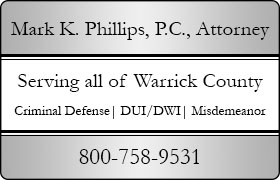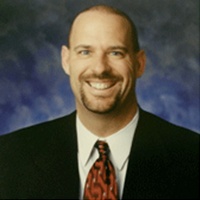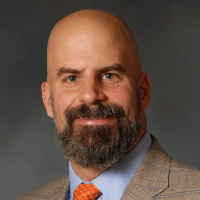 Warrick County, IN Felony Lawyers
Warrick County, IN Felony Lawyers
Sponsored Law Firm
-
 x
x

Click For More Info:
-
Law Offices of Mark K. Phillips
114 South Third Street P.O. Box 427 Boonville, IN 47601» view mapDUI-DWI, Criminal Defense, Personal Injury Top Rated Indiana DUI Defense Lawyer
I offer passionate, loyal and fierce representation. I have over 20 years of experience to fight your Indiana DUI charge. I offer a free, initial consultation.
800-291-416 -
- Contact
- Free Consultation
- Visit:
- Website
- Profile
Not enough matches for Warrick Felony lawyer.
Below are all Warrick lawyers.
Sponsored Lawyers
1-10 of 21 matches
Accident & Injury, Car Accident, Wrongful Death, Medical Malpractice, Slip & Fall Accident
Todd C. Barsumian has been named a Super Lawyer in the field of Plaintiff's Personal Injury by Super Lawyers Magazine since 2018. In 2017 he became the recipient of America's Top 100 Attorneys Lifetime Achievement Award. Prior to turning 40, he was named a Rising Star by Super Lawyers on multiple occasions. Todd has also been selected to The National Trial Lawyers Association: Top 40 under 40 and The National Trial Lawyers Association has since been named Todd a “Top 100 Civil Plaintiff’s Attorney”. In 2018, he was also named to the Nation's Top One Percent by the National Association of Distinguished Counsel. Todd started his legal career at a large Evansville law firm, where he was a litigation partner typically hired to defend claims brought by the injured, including multiple cases that made it to the Indiana Supreme Court. In 2010, he started Barsumian Law. In 2013, Todd returned to his roots, opening an office in his hometown of Newburgh. In 2018 he opened offices in Evansville and the Indianapolis suburb of Fishers and in 2021 he and Jonathan Armiger founded Barsumian Armiger Injury Lawyers. Since 2000, Todd has also been licensed in Kentucky, where he has handled cases from trial courts up to the Kentucky Supreme Court. Todd represented a severely injured child in a negligence and product liability case that prompted a national recall of a product purchased off the shelf of a Tri-State retailer. He once defended corporations in similar cases and counseled manufacturers on product safety and recall issues. Shortly after opening his Newburgh office, Todd was part of the trial team for a Gibson County man who was severely injured when the vehicle he was traveling in was struck by another vehicle that had disregarded a stop sign on a county road. After settling the case with the other driver’s insurance company, Todd and his co-counsel turned to his client’s own insurance company. When the insurer balked at paying much more than the man's medical expenses, they took the case to trial in Princeton and recovered their client’s full policy limits, roughly twice what had been offered. Todd has served as the Chair of Medical Review Panels in the past, but now represents victims of medical malpractice before the Indiana Department of Insurance and in courts in Indiana and Kentucky. He also routinely handles serious injuries caused by car accidents, truck accidents, slip and falls, and nursing home negligence, as well as wrongful death claims.
(more)DUI-DWI, Criminal, Personal Injury, Family Law, Accident & Injury
I am the proud father of three wonderful young men, two of whom are now in practice with me, and the youngest, who is a junior in high school, who have the best characteristics of their mother, who I have been married to for almost 30 years. I am an aggressive lawyer who vigorously defends the rights of those accused. I am relentless in pursuing truth and justice and believe that all people are entitled to the protections of the Constitution and the Laws that govern our way of life. I have been defending people for 21 years after starting as a deputy prosecutor. I have a diverse criminal practice but find particular challenge in successfully fighting Dui/Dwi cases throughout Indiana. We also are civil and criminal trial lawyers.
(more)


 Mark K. Phillips Boonville,Indiana
Mark K. Phillips Boonville,Indiana About UsMark K. Phillips
About UsMark K. Phillips Contact UsCall or Email Now
Contact UsCall or Email Now


